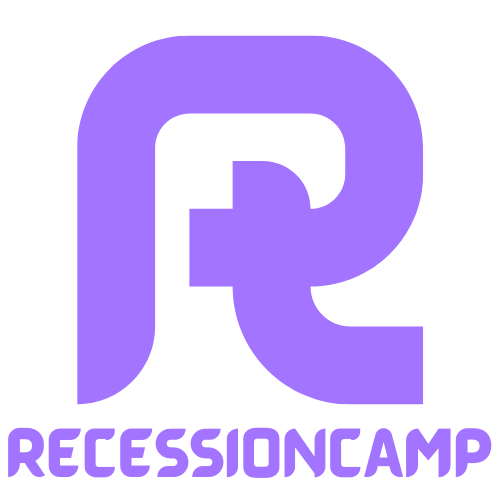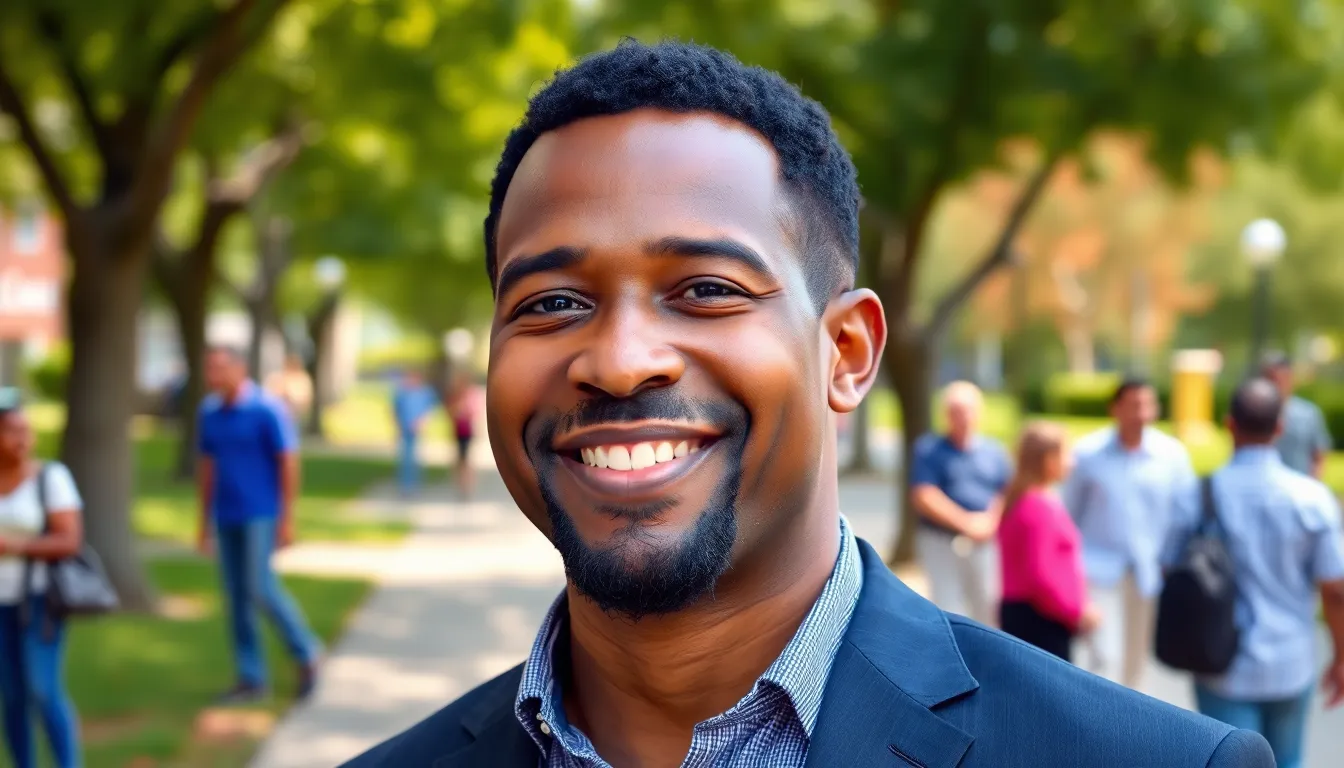Mark Robinson is a name that stirs curiosity, especially when it comes to his educational journey. Did he don the cap and gown, or did he take a different path? With his rise in the public eye, many are left wondering if there’s a degree hanging on his wall or just a collection of witty quotes.
In a world where a college degree often feels like a golden ticket, Mark’s story raises eyebrows and sparks conversations. Whether he graduated or not, the truth behind his academic background is more than just a trivia question; it’s a reflection of the paths people take to success. So, let’s dive into the details and uncover the mystery—because who doesn’t love a good plot twist?
Table of Contents
ToggleBackground On Mark Robinson
Mark Robinson’s background reflects a unique journey, marked by ambition and resilience. His experiences contribute to ongoing debates about educational credentials in modern success.
Early Life
Mark Robinson grew up in a modest household. Challenges shaped his character from a young age. His community played a significant role in nurturing his ambitions. At school, he demonstrated a strong work ethic and a passion for learning. Family values instilled a sense of responsibility and determination within him. Motivated by his upbringing, he aspired to make a difference.
Education Path
Mark’s education path showcases non-traditional routes. Attending a local high school, he excelled academically in various subjects. After graduation, he faced decisions about higher education. Not enrolling in a college did not deter his ambitions. Instead, he pursued opportunities in different fields such as entrepreneurship and public service. Experiences outside the classroom provided real-world skills and insights. As a result, Mark’s unique educational journey sparked intriguing conversations about the importance of formal degrees versus practical experience.
Did Mark Robinson Graduate From College?

Mark Robinson’s educational journey raises questions about his college experience and the decisions that shaped his path. Notably, he did not enroll in college after high school.
College Enrollment
Many people are intrigued by Robinson’s choice not to pursue higher education. His academic performance in high school showcased exceptional talent; however, he opted against traditional college enrollment. Instead of attending a university, he focused on practical experiences in entrepreneurship and public service. This decision highlights a growing trend where individuals prioritize skill development over formal degrees. Robinson’s choice reflects a belief in the value of real-world applications over standardized academic pathways.
Degree Confirmation
Confirmation of Mark Robinson’s degree status remains absent. He has not publicly disclosed any college diploma, which adds to the speculation surrounding his education. Various sources indicate he bypassed the traditional route entirely. As discussions about educational credentials unfold, Robinson’s situation emphasizes the significance of skills and experience in achieving success. His commitment to continuous learning stands out, even without a formal degree.
Impact Of Education On Mark Robinson’s Career
Mark Robinson’s educational choices directly influenced his career trajectory. He gained valuable insights through hands-on experiences rather than a traditional college education.
Professional Achievements
Robinson’s accomplishments showcase his distinctive journey in entrepreneurship and public service. He founded various community initiatives, demonstrating leadership and innovation. Recognitions include awards for his contributions to local economic development, highlighting his direct impact. Oftentimes, his practical skills enabled him to navigate complex challenges effectively. He engaged with diverse communities, gaining a reputation for his approach to problem-solving.
Personal Insights
Robinson emphasizes the importance of continuous learning outside classroom settings. His experiences underscore a commitment to personal growth and adaptability. Mentorship played a crucial role in sharpening his professional skills, allowing him to connect with leaders in his field. By embracing unconventional paths, he inspires others to consider alternatives to formal education. Many view his journey as a testament to the value of real-world experiences in shaping a successful career.
Public Perception And Speculation
Mark Robinson’s educational background has sparked considerable discussion, particularly regarding his college degree status. This uncertainty has led to both media scrutiny and social media chatter, reflecting a broader cultural examination of educational credentials.
Media Coverage
Media outlets frequently report on Mark Robinson’s unique career path. Articles often highlight his decision to skip college, focusing on how it contrasts with traditional expectations. Numerous interviews explore his accomplishments and community involvement, emphasizing practical experience over formal education. Coverage typically raises questions about the implications of his choices; does his journey challenge societal norms regarding academic success? Engaging narratives paint Robinson as a figure who represents a shift in how success is defined, prompting readers to reconsider the relationship between education and achievement.
Social Media Reactions
Social media users respond vigorously to discussions surrounding Mark Robinson’s educational choices. Some applaud his non-traditional path as an inspiring narrative for aspiring entrepreneurs. Others, however, express skepticism about his lack of a college degree, citing concerns about credibility. Hashtags emerge, with users debating the merits of practical experience versus formal education. Comments range from admiration for Robinson’s accomplishments to inquiries about whether a degree would enhance his influence. This online discourse highlights a dichotomy; while some see potential in alternative educational paths, others cling tightly to conventional measures of success.
Mark Robinson’s journey illustrates the complexity of educational paths in achieving success. His decision to forgo a traditional college experience in favor of practical opportunities has sparked meaningful conversations about the value of skills over formal degrees. While the uncertainty surrounding his college graduation status remains, Robinson’s accomplishments highlight the potential of alternative routes to success.
His story serves as an inspiration for individuals seeking to carve their own paths, emphasizing that continuous learning and real-world experience can lead to significant achievements. As society re-evaluates the importance of educational credentials, Robinson’s experiences challenge conventional beliefs and encourage a broader understanding of what defines success today.




